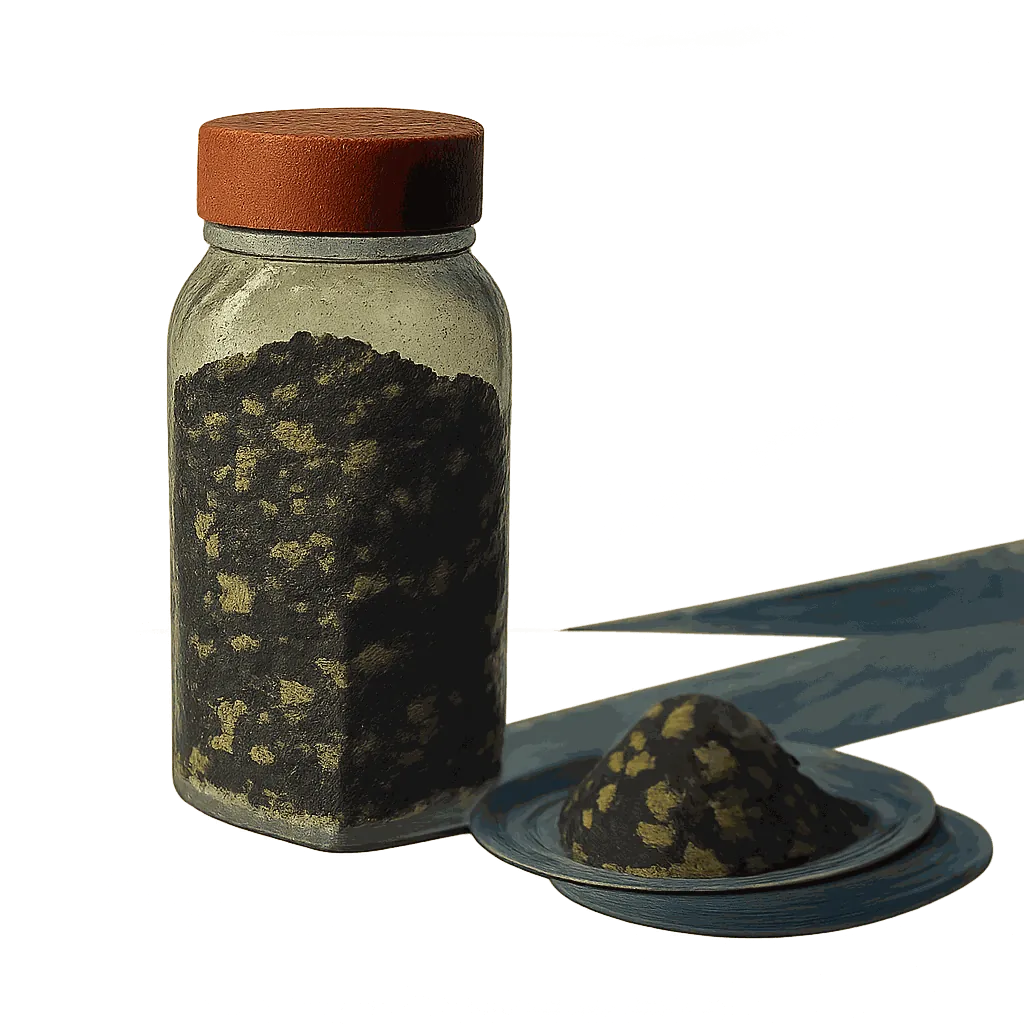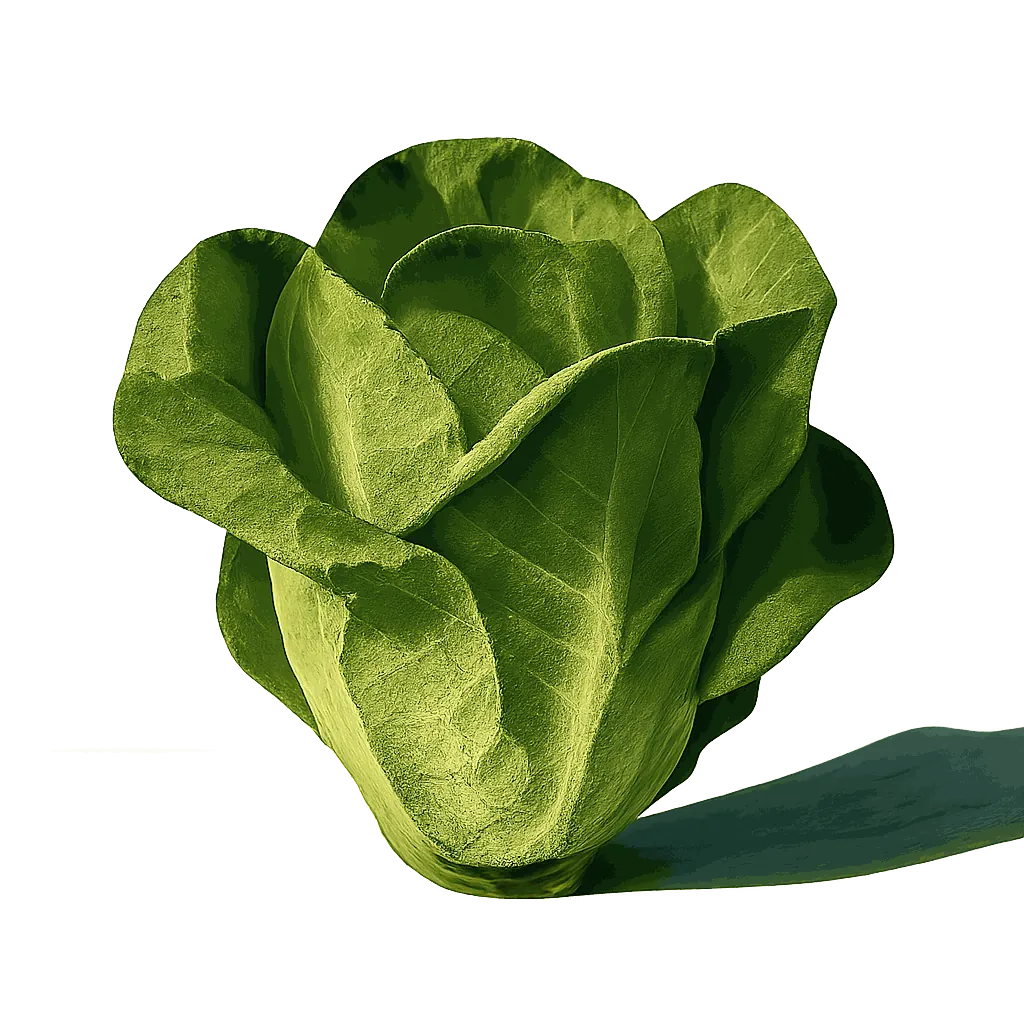Perfect Pairings & Recipes for
Chardonnay (Vin De Pays D’Oc)
.webp)
Exquisite Chardonnay (Vin de Pays d'Oc) flavour pairings and recipes, revealed through data science.
Chardonnay (Vin de Pays d'Oc) instantly conjures the evocative embrace of pear and the kiss of sour apple, yet its initial sourness is only the opening gambit. Beneath lies a sophisticated tapestry of delicate butter, peach, and the sweet aroma of vanilla that contribute remarkable depth. And the epicurean alchemy begins when we seek out pairings that allow these notes to truly sing.
To chart these harmonies, we analysed thousands of ingredients, each deconstructed across 150 distinct flavour dimensions, pinpointing the notes that best complement this ingredient’s profile. Our exploration reveals, for instance, how the intense, bitter theobromine in black sesame seed can awaken Chardonnay (Vin de Pays d'Oc), and how salmon's algaline notes forge a beautiful synergy with its crisp sweetness.
Flavour Profile Of Chardonnay (Vin De Pays D’Oc) Across 150 Dimensions Of Flavour
Flavour wheel chart showing the dominant flavour notes of Chardonnay (Vin de Pays d’Oc): Pear, Malic, Peach, Vanillic, Lactic, Buttery, Oaky, Limestone, Honeyed, Caramel, Plum, Blossom, Coconut, Flint, Milky
An ingredient's flavour comes from its core characteristics, like acidic, floral, and nectarous, combined with its unique aroma notes (outer bars). When pairing ingredients, aim to include a broad variety of core characteristics for a balanced dish. And choose aroma notes that complement each other for a harmonious combination.
The Art of Flavour Pairing
To understand how flavour notes harmonise, we analysed more than 50,000 popular ingredient combinations. By exploring these pairings, we identified specific flavour notes that frequently occur together, indicating they share a harmonious relationship.
The Flavours That Harmonise With Pear Notes
Strength of Association Between Flavours
The flavours most associated with pear notes are: Seaweed, Porcine, Oceanic, Fishy, Saline, Oyster, Proteolytic, Fatty, Glutamic, Lacteal, Buttery, Hazelnut, Petrichor, Resin, Liquorice.
Our analysis shows that the flavour of pear is strongly associated with the flavour of seaweed. This suggests we should look for ingredients with a seaweedy flavour, such as salmon, when pairing with the pear-like aroma notes of Chardonnay (Vin de Pays d'Oc).
The recipe below provides inspiration for pairing Chardonnay (Vin de Pays d'Oc) with salmon.
Harmonious Flavours Of Chardonnay (Vin De Pays D’Oc)
Just as our analysis found that pear and seaweedy flavour accents often complement each other, we can identify the full profile of flavours that harmonise with each of the notes present in Chardonnay (Vin de Pays d'Oc). E.g. the malic notes of Chardonnay (Vin de Pays d'Oc) are often used with hoppy and capsicum notes.
The notes associated with the various aroma accents of Chardonnay (Vin de Pays d'Oc) can be seen highlighted in the pink bars below.
Flavour Profile Of Chardonnay (Vin De Pays D’Oc) And Its Complementary Flavour Notes
Flavour wheel chart showing the dominant flavour notes of Chardonnay (Vin de Pays d’Oc): Pear, Malic, Peach, Vanillic, Lactic, Buttery, Oaky, Limestone, Honeyed, Caramel, Plum, Blossom, Coconut, Flint, Milky
Matching Flavour Profiles
The flavour profile of black sesame seed offers many of the aroma accents complementary to Chardonnay (Vin de Pays d'Oc), including cocoa and almond aroma accents. Because the flavour profile of black sesame seed has many of the of the features that are complementary to Chardonnay (Vin de Pays d'Oc), they are likely to pair very well together.
Prominent Flavour Notes Of Black Sesame Seed Are Represented By Longer Bars
Flavour wheel chart showing the dominant flavour notes of Black sesame seed: Sesame, Seedy, Caramel, Molasses, Cocoa, Almond, Charred, Smoky, Burnt, Petrichor, Honeyed, Coffee, Flint, Oxidized, Hazelnut, Graphite, Toasted, Maple, Resinous, Chestnut
The chart above shows the unique profile of black sesame seed across 150 dimensions of flavour, while the recipes below offer inspiration for bringing these flavours together with Chardonnay (Vin de Pays d'Oc).
Linked Flavour Notes
Looking at the notes that are most strongly associated with the various flavours of Chardonnay (Vin de Pays d'Oc), we can identify other ingredients that are likely to pair well.
Chardonnay (Vin De Pays D’Oc)'s Harmonious Flavours And Complementary Ingredients
Chardonnay (Vin de Pays d’Oc)'s Strongest Flavours
Complementary Flavours
Ingredients with Complementary Flavours
Flavour groups:
Nectarous
Acidic
Floral
Herbal
Spice
Vegetal
Maillard
Earthy
Carnal
The left side of the chart above highlights the aroma notes of Chardonnay (Vin de Pays d'Oc), along with the complementary aromas associated with each note. While the right side shows some of the ingredients that share many of the accents complementary to Chardonnay (Vin de Pays d'Oc).
Prominent Pairings
Our analysis identifies dishes that pair well with Chardonnay (Vin de Pays d'Oc) and highlights the prominent ingredient combinations within these recipes. Key pairs include soy sauce and blood orange juice offering crisp aroma, blood orange zest and black olive for oliviness, shallot and flat-leaf parsley for leafy depth, and extra virgin olive oil and Colombard for a complex malic undertone. Explore these combinations to unlock Chardonnay (Vin de Pays d'Oc)'s hidden complexity, reveal deep nuance, and elevate its vibrant character.
Ingredient Combinations Among Dishes That Pair With Chardonnay (Vin de Pays d’Oc)
Flavour groups:
Sour
Botanic
Herbal
Spice
Earthy
Bitter
Umami
Which Fruit Go With Chardonnay (Vin De Pays D’Oc)?
Choose fruit that ground its sweetness or anchor its creamy tanginess. Blood orange and pomegranate molasses offer vibrant, clean counterpoints, their verdant freshness lifting the palate. Blood orange zest add a gentle, oniony brightness, while orange zest introduces a sophisticated, anise-tinged elegance.
Alternatively, embrace fruit that harmonise with Chardonnay (Vin de Pays d'Oc)'s sweetness. The addition of lemon, with its subtle cedrine notes, can complement the honey beautifully, while orange lends a woody aroma.
How Flavonomics Works
We've pioneered a unique, data-driven approach to decode the intricate art of flavour pairing. Our goal is to move beyond intuition and uncover the science of why certain ingredients harmonise beautifully. This rigorous methodology allows us to provide you with insightful and reliable pairing recommendations.
Our analysis begins with over 50,000 carefully selected recipes from acclaimed chefs like Galton Blackiston, Marcello Tully, and Pierre Lambinon. This premium dataset ensures our model distils genuine culinary excellence and creativity.
Each ingredient from these recipes is deconstructed across 150 distinct flavour dimensions, creating a unique numerical "flavour fingerprint." This quantification allows us to apply advanced analytical methods to identify complex patterns between flavour notes.
We identify popular ingredient combinations that frequently appear in our recipe database. Regression analysis is then performed on these pairings to statistically validate and pinpoint truly harmonious flavours.
These insights drive our predictive model, which allows us to take any ingredient (e.g., Chardonnay (Vin de Pays d’Oc)), analyse its detailed flavour profile, and accurately reveal its complementary flavours and perfect ingredient partners.
Explore More
Discover more ingredient profiles and expand your culinary knowledge. Each ingredient page offers detailed analysis of flavour profiles, pairing insights, and culinary applications.
The content on our analysis blog is semi-automated. All of the words were manually written by a human, but the content is updated dynamically based on the data.


